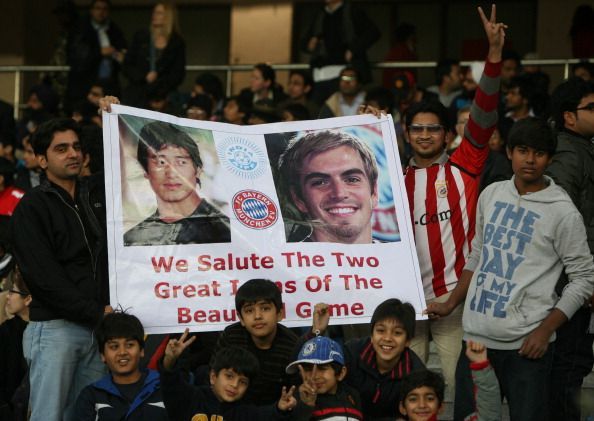
Craze for football among Kerala Blasters fans attracts interest from Bundesliga clubs
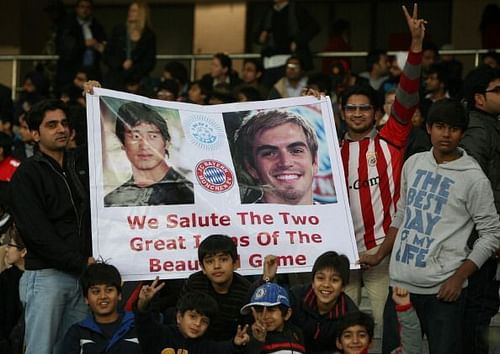
German clubs in India have been quite a common sight, with the likes of Bayern Munich and Hoffenheim making multiple visits to the country over the years.
While the English Premier League and the Spanish La Liga garners more eyeballs, teams like Bayern and Borussia Dortmund's exploits in the UEFA Champions League have made them popular in the country as well.
From conducting youth camps, to playing in legends matches and pre-season friendlies, Bundesliga clubs have deeply connected with the Indian football fans despite the greater popularity of the Premier League in the country.
Now, the Bundesliga has made clear signals towards strengthening their foothold in India. Sportskeeda had earlier reported that German giants Borussia Dortmund are already looking into the possibility of tying up with either the All India Football Federation (AIFF) or one of the Indian Super League (ISL) clubs.
An area where the Bundesliga clubs have done much better than the clubs from other parts of the world is earning revenues. The league as a whole has shown a spurt of 4.4 percent, with a total revenue of €4.01 billion. Out of this, as many as 14 clubs have registered revenues of more than €100 million.
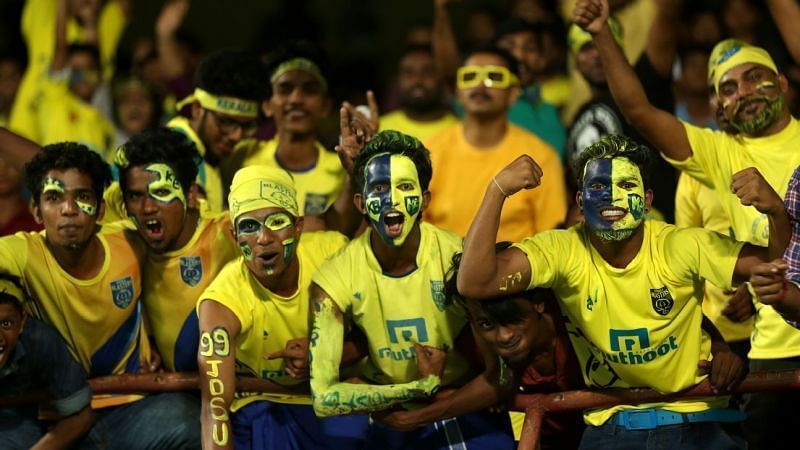
With such high revenue flowing in, the league and the clubs are looking to spread their roots across the world, and India seems to be a market in which they are making serious efforts to get inroads.
Maurice Goerges, manager of marketing and sales APAC at Bundesliga International, believes that certain Indian clubs like Kerala Blasters have fan bases that are not too different from the ones that are present in Germany, something that the Bundesliga clubs can very well capitalise on.
"I see some similarities with respect to the fan culture...especially when I see the Kerala Blasters fans and how crazy they go. It's maybe similar to the experience that you get in our stadium," Goerges told Sportskeeda.
However, he conceded that the Bundesliga sides have to be much more frequent in India, in order to build a solid base in the country. He even went on to suggest that partnerships in youth development could turn out to be a real possibility in the future.
"We all have to be more frequent there, we have to be closer (to the clubs and the fans), we have to figure out what are their needs, and then we have to find a way through which our story can fit through these needs," Georges said.
"Germany has always proved to be strong in youth development. I’m sure our coaches can give a lot of guidance to the youth projects. So these are the stories where you can find quite a good connection. But it's important to first find the right partners and people to connect with," he continued.
Bundesliga in Hindi?
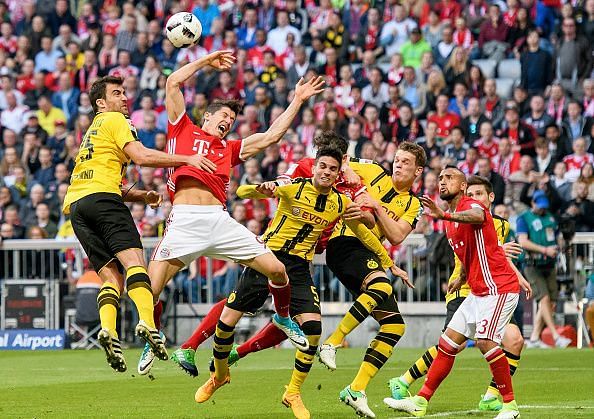
Over the years, we have seen a number of German clubs like Bayern Munich and Schalke devote a certain section of their social media specifically towards the Indian populace. From wishing their Indian fans on festive days like Holi or Diwali, to posting tweets in Hindi, the Indian followers have certainly been engaged by these sides.
Now, a more recent tie-up with Star India has helped the fans watch any Bundesliga match they want, something that was not previously available on earlier broadcast partnerships. This has mainly been facilitated by the online platform, where the fans can actually log on to the particular match, and not be dependent on the television broadcaster.
"Since 2015, we’ve had a very strong media partnership with Star India, through which you can watch all the games, at least through Hotstar," said Goerges. "Now, it's on us how we want to grow this, and for this, we definitely have to go deeper on the digital side.
"We need to localize maybe, in the Hindi language. Our social media has also been following a similar model. Then we also need to provide access to the fans to help connect them with the clubs in Germany," he said.
While the Bundesliga also conducts different "offline" events, Goerges feels that the online platform is where German football can create a deeper connect with India, especially through the use of vernacular language.
"There are the offline events as well like we send the legends, we unveil the trophy for public viewing, we hold screenings of big games. But I feel that the digital way is what will have the most effect in the future," said Goerges.
However, Goerges did reveal that it is up to the individual clubs to decide whether they want to extend their roots to India, as not every club can afford to do so.
"Not all clubs are focusing on India because not all of them can afford to. But there definitely are a number of clubs that have shown their interest, and we have also done our market research," he said.
Political aid to the rescue
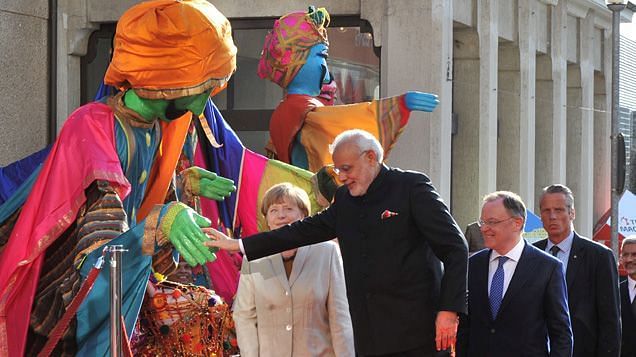
Although the Bundesliga struggles with regards to the popularity of the league, in comparison to the Premier League or the La Liga, good relations between the governments of India and Germany have helped the top European league make inroads into the subcontinent.
In fact, there could even be a tie-up with the government of India over the development of football in the country, something that may be further assisted by the fact that the Indian and the German governments have good relations between them.
"There could be a possibility of a tie-up with the government or the federation. Once you have the government on your side, things do become easier," said Goerges.
However, certain logistics make it difficult for the clubs to plan tours to the subcontinent. The fact that football facilities in India are still on the rise is something that has not helped the country's cause in attracting the Bundesliga clubs for pre-season tours.
"India is always a potential destination, but when it comes to these tours, there are always high demands from the sporting side. They want to make sure that the pitches are well, the temperature is all right, the hotel is good, and all the other logistics are working out," he said.
To add to that, the clubs also tend to have a predetermined mentality about "developing countries", which acts as a barrier.
"I think it’s a question of familiarity. Any of these clubs, they’ve never been to India or Vietnam or Thailand. They don’t have much idea besides some articles they read in the newspaper. These are still developing countries, and that’s why they are reluctant, but the reality is different," quizzed Goerges.
Despite these difficulties, Bundesliga's marketing and sales manager for the Asia Pacific region believes that the fact that the Indian fans have always shown good interest whenever top football teams from around the world have come to the country bodes as a welcome sign for clubs that are planning to play in India.
"There’s a big hype, and stadiums are always full for these matches. That’s always a key factor. When you go there, and a lot of fans show up, at least it gives you some comfort that you’d want to do it again," he said.
Bundesliga is a league that is certainly growing in terms of revenue, and that is something that the Indian clubs could very well learn from. To add to that, the youth systems in Germany are renowned all over the world, and as India looks to build itself as a footballing nation, the technical know-how of the Bundesliga clubs could certainly help the country grow.
Note: Suromitro Basu was in Dortmund as part of the Bundesliga Experience with Star Sports Select.